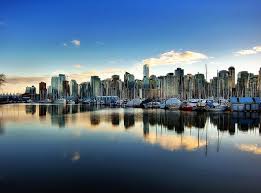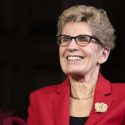Shock Received by Ontario Housing Market
New provincial steps to cool the rollicking Toronto region estate market could finally prompt harried home buyers to take a breathe and locate how the new rules affect their personal circumstances long-term.
It is hard to forecast how the 15% foreign buyer’s tax announced by Premier Kathleen Wynne will impact the market, says the Re/Max 2017 Spring Market Trends report published Tuesday.
While a similar tax reduced the heat in Vancouver, Toronto is a larger city and foreign investment isn’t considered to be as big a factor here, although data is scarce
Re/Max says it’s safe to assume, however, that the new Ontario measures that apply to the Greater Golden Horseshoe will affect the middle class as well as the luxury end of the market.
“Whenever there’s any kind of shock to the market — whether they raise interest rates or put new mortgage rules in — there’s always this pause,” she said.
“This is probably going to have its period of a few months of adjustment and then the market will return to its new normal,” said Alexander, who praised most of the measures in the Liberal government’s 16-point plan. She expressed reservations, however, about the expansion of rent controls to units occupied after 1991.
Some investors who have been buying apartments over the past 15 years might see this as an opportunity to leave the market, said Alexander.
“People may say, ‘I’ve had a great run, I’ve capitalized on the upward swing, but I don’t know how much further that upward swing is going to go and I don’t know if I can manage this with a profit with the new caps in place,'” said Alexander.
In the Toronto region, where the cost of a home rose $200,000 on the average in the first three months of the year over last- to $873,631- buyers are on the hunt for affordability, says the Re/Max report.





